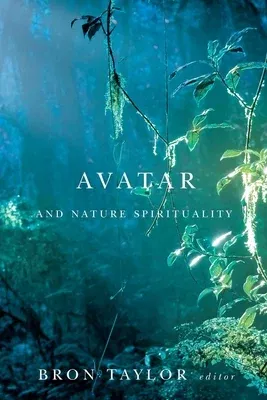Avatar and Nature Spirituality explores the cultural and religious
significance of James Cameron's film Avatar (2010), one of the most
commercially successful motion pictures of all time.
Its success was due in no small measure to the beauty of the Pandora
landscape and the dramatic, heart-wrenching plight of its
nature-venerating inhabitants. To some audience members, the film was
inspirational, leading them to express affinity with the film's message
of ecological interdependence and animistic spirituality. Some were
moved to support the efforts of indigenous peoples, who were
metaphorically and sympathetically depicted in the film, to protect
their cultures and environments. To others, the film was politically,
ethically, or spiritually dangerous. Indeed, the global reception to the
film was intense, contested, and often confusing.
To illuminate the film and its reception, this book draws on an
interdisciplinary team of scholars, experts in indigenous traditions,
religious studies, anthropology, literature and film, and post-colonial
studies. Readers will learn about the cultural and religious trends that
gave rise to the film and the reasons these trends are feared, resisted,
and criticized, enabling them to wrestle with their own views, not only
about the film but about the controversy surrounding it. Like the film
itself, Avatar and Nature Spirituality provides an opportunity for
considering afresh the ongoing struggle to determine how we should live
on our home planet, and what sorts of political, economic, and spiritual
values and practices would best guide us.

